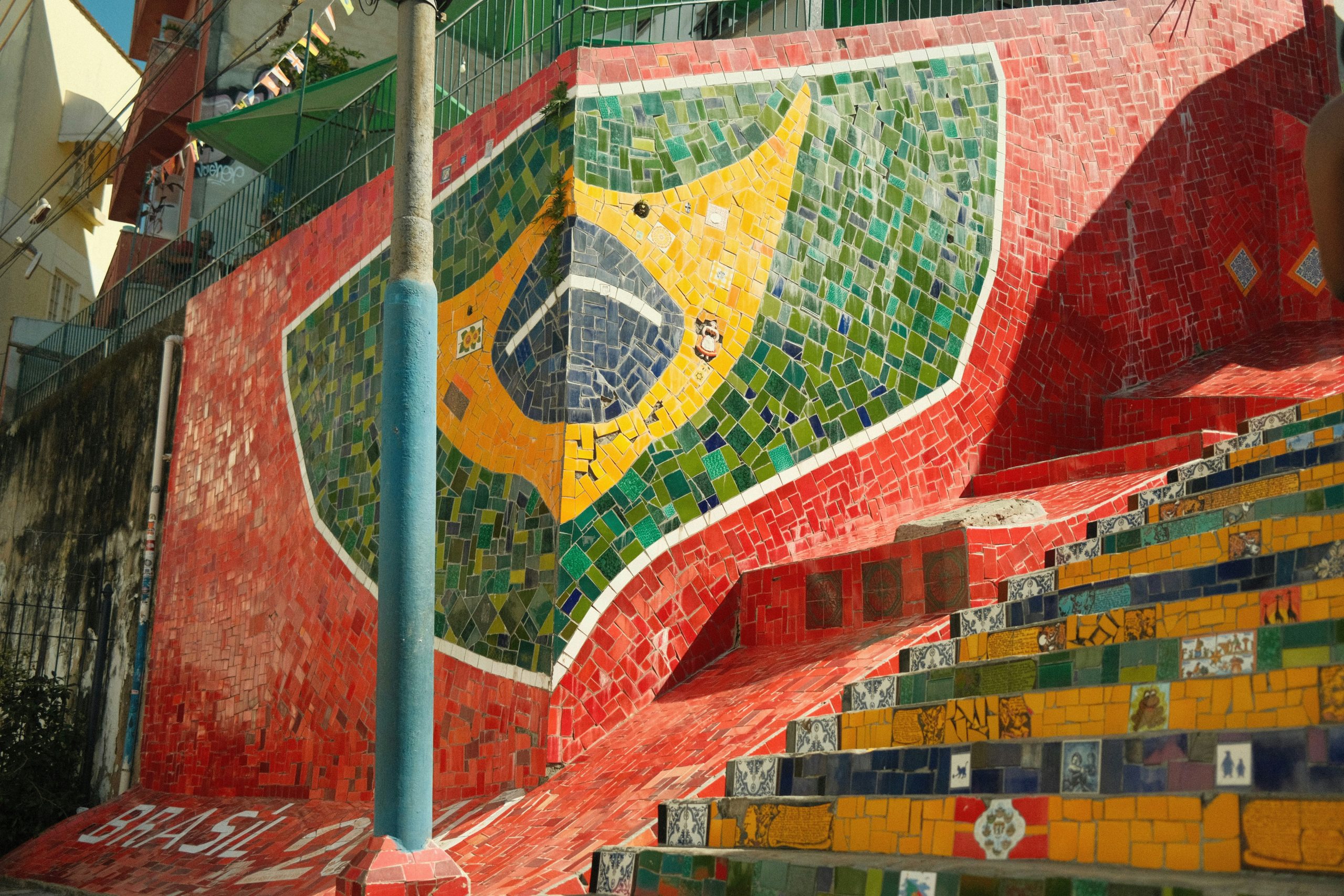Brazil Senate’s New Betting Advertising Restrictions: A Double-Edged Sword
The recent approval of a new set of restrictions on betting advertisements by the Brazilian Senate has sparked a contentious debate within the gambling industry. Stakeholders are raising alarm that these measures could inadvertently bolster the illegal betting market.
New Regulations Unveiled
The legislation, passed with a series of amendments, imposes significant limitations, including a ban on celebrity endorsements and caps on sports sponsorships. It also introduces a watershed period for advertisements.
On Wednesday, the Brazil Sports Commission gave the green light to the proposal for these advertising restrictions. Following this, the issue moved swiftly to the Communication and Digital Law Committee for final review. However, due to delays in the committee’s establishment, the Senate had to expedite the bill’s progression.
Senator Carlos Portinho, seeing the uproar from industry figures, modified the original proposal that sought an outright ban on betting advertisements. Instead, a controlled framework permits some sponsorship opportunities while placing strict conditions on advertising methods.
Industry Reaction
Udo Seckelmann, a legal expert from Bichara e Motta Advogados, voiced concerns that the initial proposal would have driven gamblers towards unregulated platforms, diminishing the growth of the legal market. He described the complete advertising ban as "disproportionate" and "misaligned" with the realities of Brazil’s new gambling legislation.
Fears of an Expanding Black Market
In response to the newly crafted Bill 2,985/2023, the Brazilian Institute for Responsible Gaming (IBJR) expressed its worries over how severe restrictions might open the floodgates to illegal betting operations. The IBJR emphasized that legitimate advertisements play a crucial role in guiding consumers to regulated platforms that provide safer gambling options compared to their illicit counterparts.
According to the IBJR, reduced visibility of legal betting companies could undermine the stability of a sector that prioritizes responsible gaming practices.
Football Clubs Voice Concern
Football clubs across Brazil have condemned the advertising constraints, asserting that the restrictions pose a risk to their finances. A collective statement from several prominent clubs warns that this "disguised prohibition" could cost the sports sector around BRL1.6 billion (approximately $281 million).
The clubs argue that limiting brand visibility in sporting venues strips essential revenue, predicting severe impacts even for larger teams and a potential existential threat to smaller clubs. Many of these teams have existing contracts with betting operators that would need renegotiation if the restrictions are enforced.
The Importance of Communication
Seckelmann elaborates that further limitations on how betting operators communicate with the public could stifle competition and brand recognition. Drawing from international examples, he points out that strict advertising bans, like Italy’s Decreto Dignità of 2018, did not yield the desired reduction in problem gambling. Instead, these policies primarily harmed legal betting operations while illicit activities thrived.
Key Provisions in the Revised Bill
Under the latest version of the legislation, advertisements during live sports broadcasts will be prohibited. Influencer and celebrity participation in promotions is curtailed, except for former athletes who retired at least five years ago. Notably, advertisements will be permissible only on open and subscription media between 7:30 PM and midnight, with additional time constraints on radio spots.
While the bill does allow for sponsorships from betting operators at stadiums, this remains a tightly controlled measure, permitting only one advertising opportunity per team.
Senator Portinho has defended the rationale behind these restrictions, arguing that the gambling industry’s self-regulation has failed. He described a societal addiction to gambling, stating, "It is up to us to impose discipline."
As this legislative journey unfolds, the implications of these restrictions will be closely monitored by all parties involved, from regulators to industry representatives and consumers alike.
